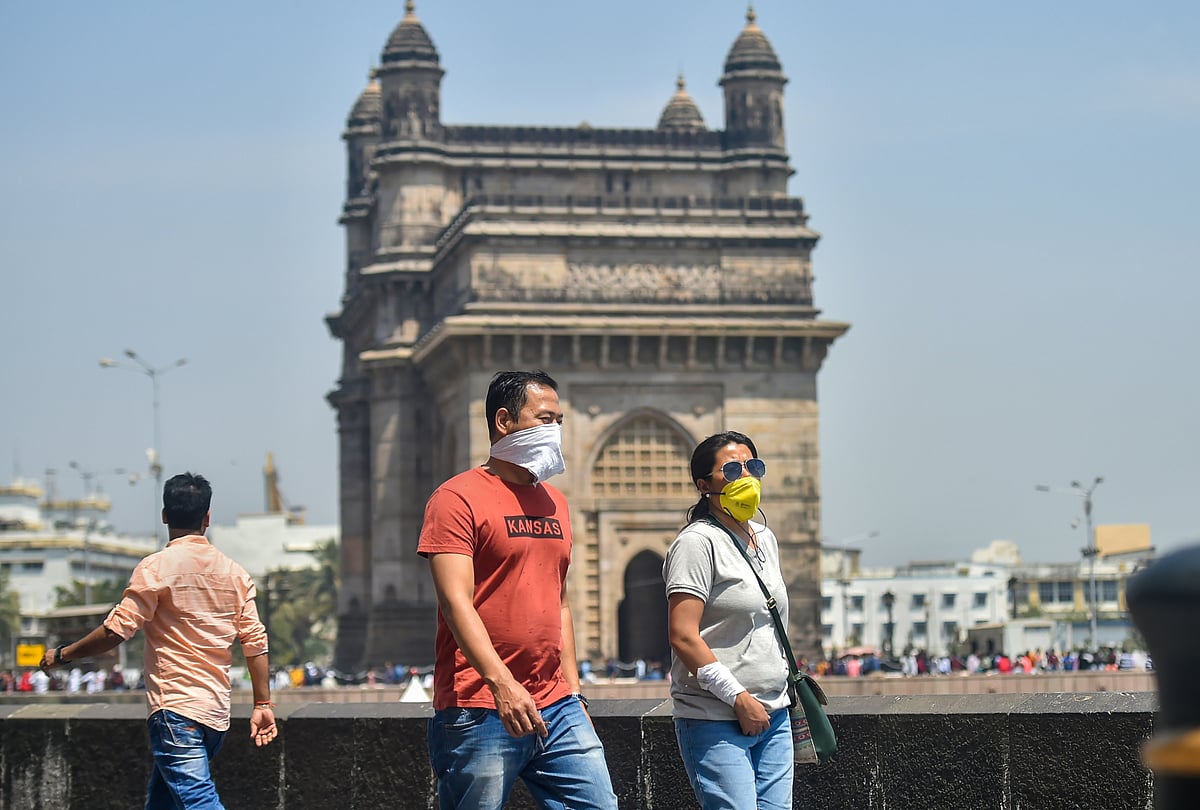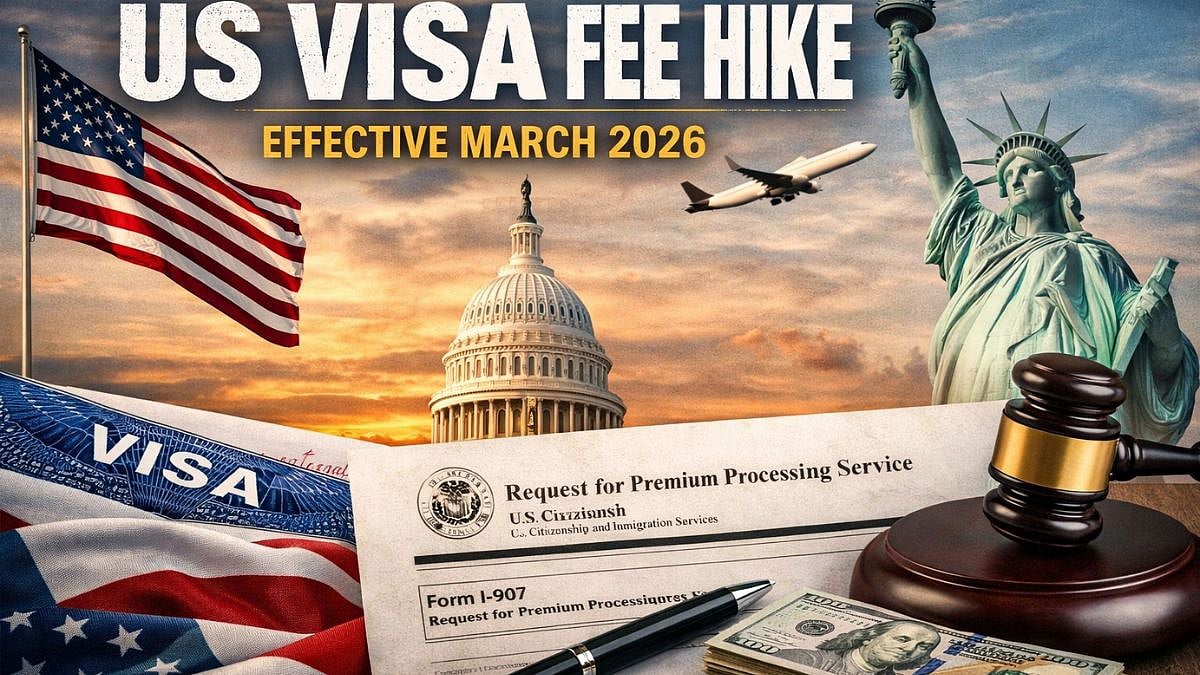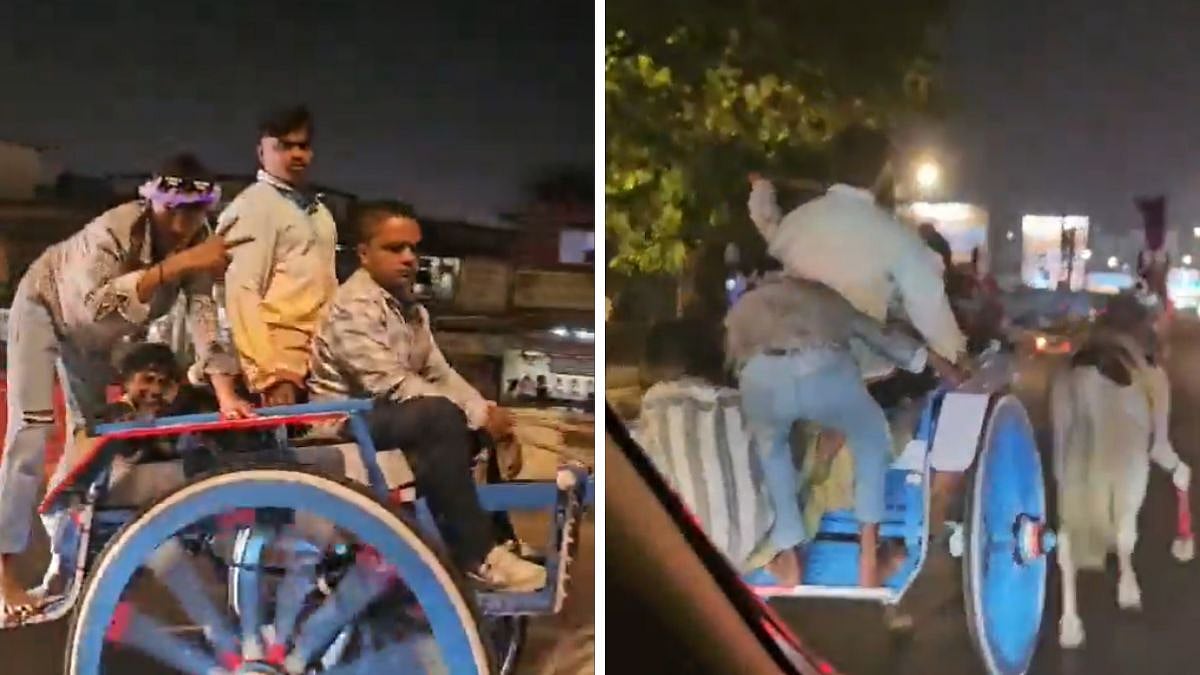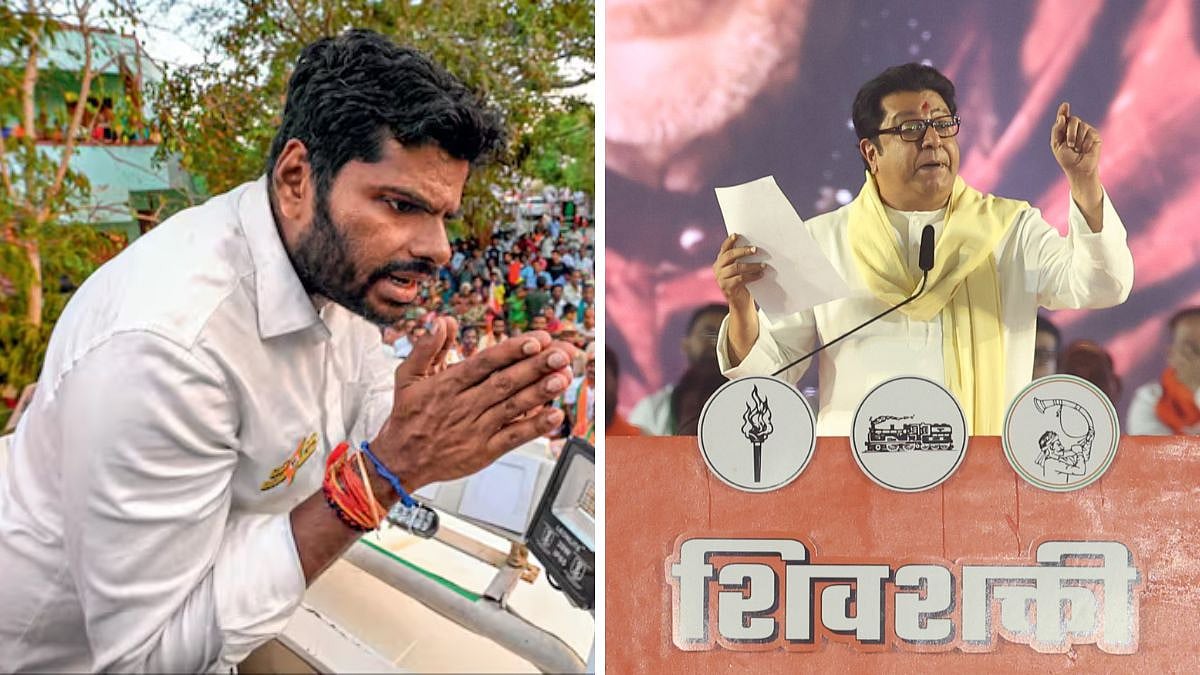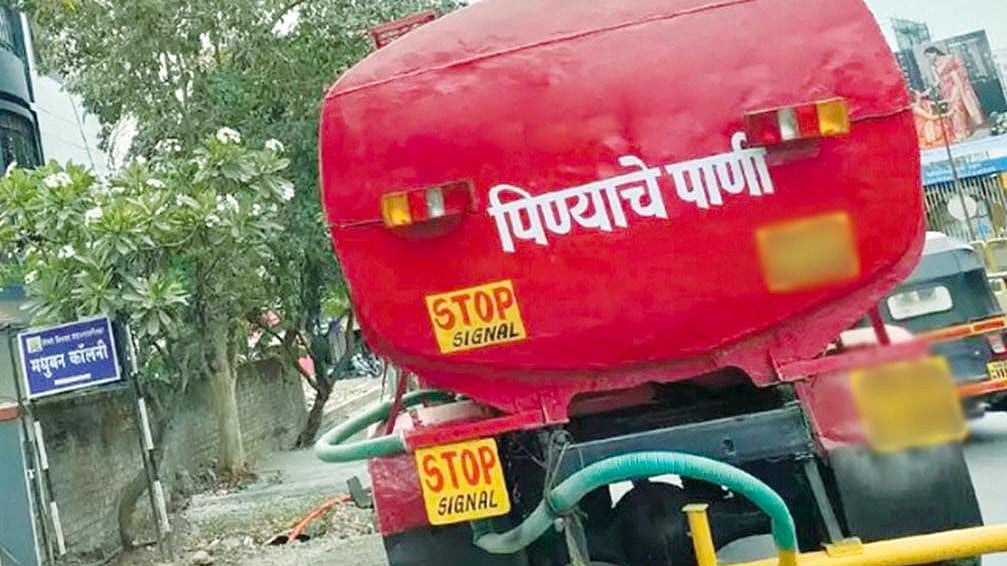With the rising number of COVID-19 cases, Mumbai’s population density of has come under scanner once again. While the country is taking efforts to ease lockdown and get back to business, Mumbai is nowhere near this thought.
On May 1, during the 60th anniversary celebrations for both Maharashtra and Gujarat, a controversy erupted when the Centre approved the shifting of the International Financial Services Centres’ (IFSC) Authority Office to Gandhinagar from Mumbai. Although, they never opposed the Bill when it was tabled and passed in Lok Sabha and Rajya Sabha, the Shiv Sena and Nationalist Congress Party (NCP) lashed out at the Centre and ruling Bharatiya Janata Party (BJP) for “trying to take all the businesses to Prime Minister’s home state and breaking Mumbai from Maharashtra”.
As written in the chapters of history, the struggle of Samyukta Maharashtra (United Maharashtra) along with Mumbai as its capital is an emotional issue for most people from Maharashtra.
The struggle was against the elite ‘Bombay Club’ that predominantly consisted of the Gujarati-speaking industrialists and also against Nehru’s Congress. The movement was not merely a linguistic issue; but it was also a class issue. The struggle was led by Marathi mill workers and peasants against the elites of Bombay. After a decade of struggle, finally Maharashtra emerged victorious with Mumbai as its capital.

However, in the last 60 years the fear of ‘taking Mumbai to Gujarat’ hasn’t vanished from the minds of most Maharashtrians who do or don’t live in the city. The Shiv Sena was established in 1966 to fight against the dominance of South Indians and later shifted its focus to North Indian Muslims in the 1980s. With the emergence of Maharashtra Navnirman Sena, the North Indian working class became the prime target, and with the rise of Narendra Modi and Amit Shah in national politics, Gujaratis have become the latest targets of ‘sons of the soil’ movement.
So, what exactly has Maharashtra achieved 60 years after winning Mumbai? Why the fear of losing Mumbai has remained constant for seven decades?
Experts often commit a common mistake to compare Mumbai with other metro cities like Kolkata or Chennai. Both these cities consist of majority population speaking the native language. Mumbai however is different.
According to the 2011 Census data, less than 40% Mumbaikars identify Marathi as their mother tongue; which means non-Marathi speaking population is much higher than the majority mark. The struggle remains alive due to the paranoia of losing existence in the city. This is perhaps also the reason why the Shiv Sena’s success remains concentrated in certain pockets.

No mega city in the world functions without its migrant population; and Mumbai cannot be an exception to this trend. There has always been constant opposition to the flow of migrants into the city.
While it is true that every single day Mumbai absorbs people from various parts of India, the fact remains that 70% of the migrants come from other parts of Maharashtra.
Even after its emergence as a state, Maharashtra actually failed to develop new cities that could emerge as the alternative to Mumbai. Pune’s growth story as the Silicon Valley of Maharashtra is not older than two decades.
Despite being the most industrialised state continuously, Maharashtra failed to build another mega city. Navi Mumbai was built from scratch.
But, a large number of its population relies on Mumbai for the daily bread. Similarly, Thane, Kalyan-Dombivali or other parts of MMR remained the ‘housing hubs’ of Mumbai’s workforce. The large coastline of Maharashtra remains under-utilised.
While there has been a constant demand to decongest Mumbai, Maharashtra should have created hubs within its own territory to release the burden on the city. Meanwhile Bangalore, Gandhinagar, Ahmedabad and Hyderabad have been flagging their success stories. The trend to choose Maharashtra has remained constant amongst investors; but, other states like Tamil Nadu, Madhya Pradesh, Karnataka, Andhra Pradesh and Gujarat have become to new attractions. This adds to the fear of losing businesses in Maharashtra in near future.
Recently, while Uttar Pradesh, Madhya Pradesh, Gujarat, Karnataka and Tamil Nadu have brought major changes in Labour Laws and taken sharp steps to attract the companies planning to exit China, Maharashtra is nowhere in the race as yet. Those who quarrelled the most over the loss of IFSCA, aren’t proactive to make any pro-industries move.
To decongest Mumbai, it is now a necessity to take certain businesses out from Mumbai. The Central Government can actually think about moving many of its businesses out from to other areas. But, any efforts to make such a move might cost dearly to the ruling party at the Centre. The shifting of Air India HQ from Mumbai to Delhi was met with a sharp criticism. Also, the rumours of Reserve Bank of India headquarters being moved to New Delhi caused a storm in Mumbai and Maharashtra.
If Maharashtra wishes to retain more businesses, it needs to produce alternatives. At the same time the controversies over an oil refinery at Nanar, Ratnagiri and Jaitapur Nuclear Power Plant have tainted the image of Maharashtra’s industrial story.
In spite of the struggle against the ‘Bombay Club’, the trade and businesses in Mumbai are still dominated by the same wealthy communities.
Shiv Sena has been controlling the BMC for nearly three decades; yet, the construction lobby in Mumbai has been dominated by the Gujaratis and Marwaris. There have been hardly any sons of the soil in The Bombay Stock Exchange or any major financial institution in Mumbai either. The doyens of sons of the soil movement could not take the Marathi Manoos beyond certain small enterprises or food businesses.
The redevelopment of old chawls and structures has forever been the agenda of this city. Yet, there has been no progress in most areas. The ugly redeveloped high rises of South Mumbai stand the testimony of BMC’s ill-thought functioning. There has been a constant trend of middle-class Maharashtrians selling their properties in the city and moving to suburbs or beyond. The saviours have not been able to slow down this trend despite controlling the city. It is not surprising that the contemporary Shiv Sena has been making an effort to portray itself ‘inclusive’ in Mumbai as the core vote-bank is shrinking.
Marathi Manoos is surely losing his grip over the city. But, one cannot keep blaming a different community every twenty years. If the fear of losing this city has remained constant, it’s surely the time to look within. If Maharashtra wants to retain businesses, it should create new world class planned centres and divert the flow of migrants. Over dependence of Mumbai will perhaps kill the future ambitions of the state. Competition should dominate the political discourse; not the nauseating decade-old debates of Mumbai going away from Maharashtra.
Sandesh Samant is a lecturer based in Mumbai. He also comments on domestic issues and international relations.
